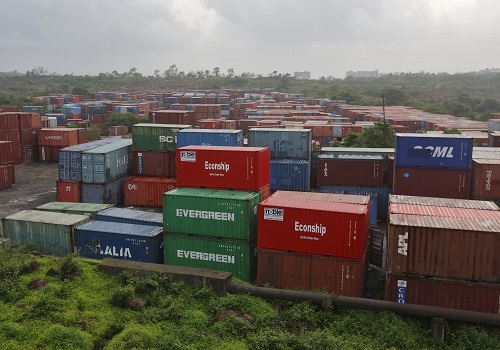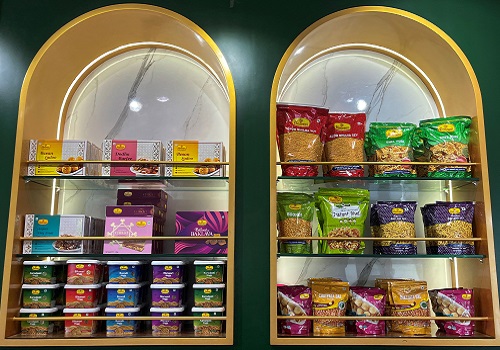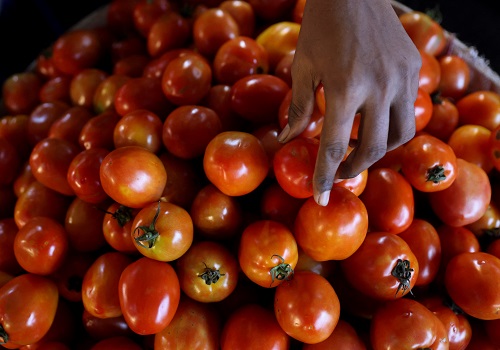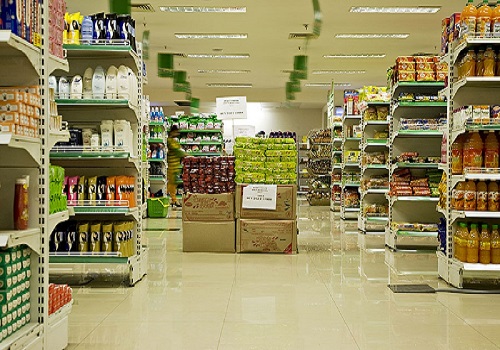Food volume down in low-income countries as global import rises: FAO

Follow us Now on Telegram ! Get daily 10 - 12 important updates on Business, Finance and Investment. Join our Telegram Channel
The global bill for food imports is estimated to come in at $1.94 trillion this year, according to the UN's Rome-based Food and Agriculture Organization (FAO).
The figure is the highest ever recorded for this data point, and around 10 per cent higher than in 2021, Xinhua news agency quoted FAO as saying on Friday.
However, despite the dramatic rise in the global food import bill, the Organization said the rate of increase is likely to slow down going forward.
This is due to rising global food prices that are making countries more dependent on domestic production, and a trend that is seeing most currencies depreciating against the US dollar, the baseline currency for calculations.
The FAO said most of the increase comes from high-income countries, but economically vulnerable countries are hurt more by the trend since they cannot afford to import adequate food due to higher prices.
The aggregate food bill for low-income countries was more or less unchanged between 2021 and 2022, said the FAO, although the volume of imports was down by 10 per cent in the same period.
"These are alarming signs from a food security perspective, indicating importers are finding it difficult to finance rising international costs, potentially heralding an end of their resilience to higher international prices," according to the FAO Food Outlook report released on Friday.
The report breaks down food trade patterns by food groups, and warns that existing differences are likely to become more pronounced, with high-income countries continuing to import across the entire spectrum of food products, while developing regions are increasingly focused on staple foods.
























